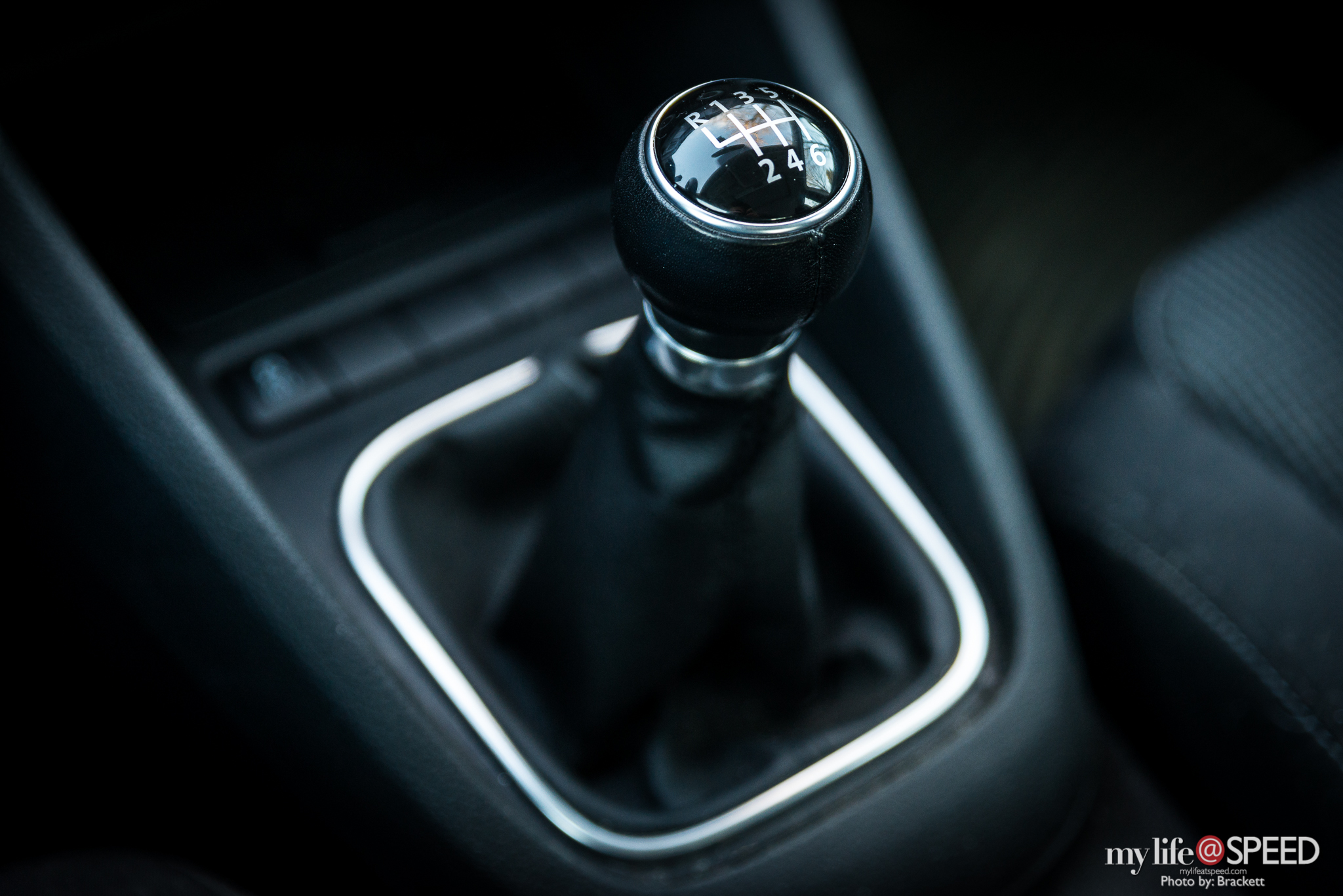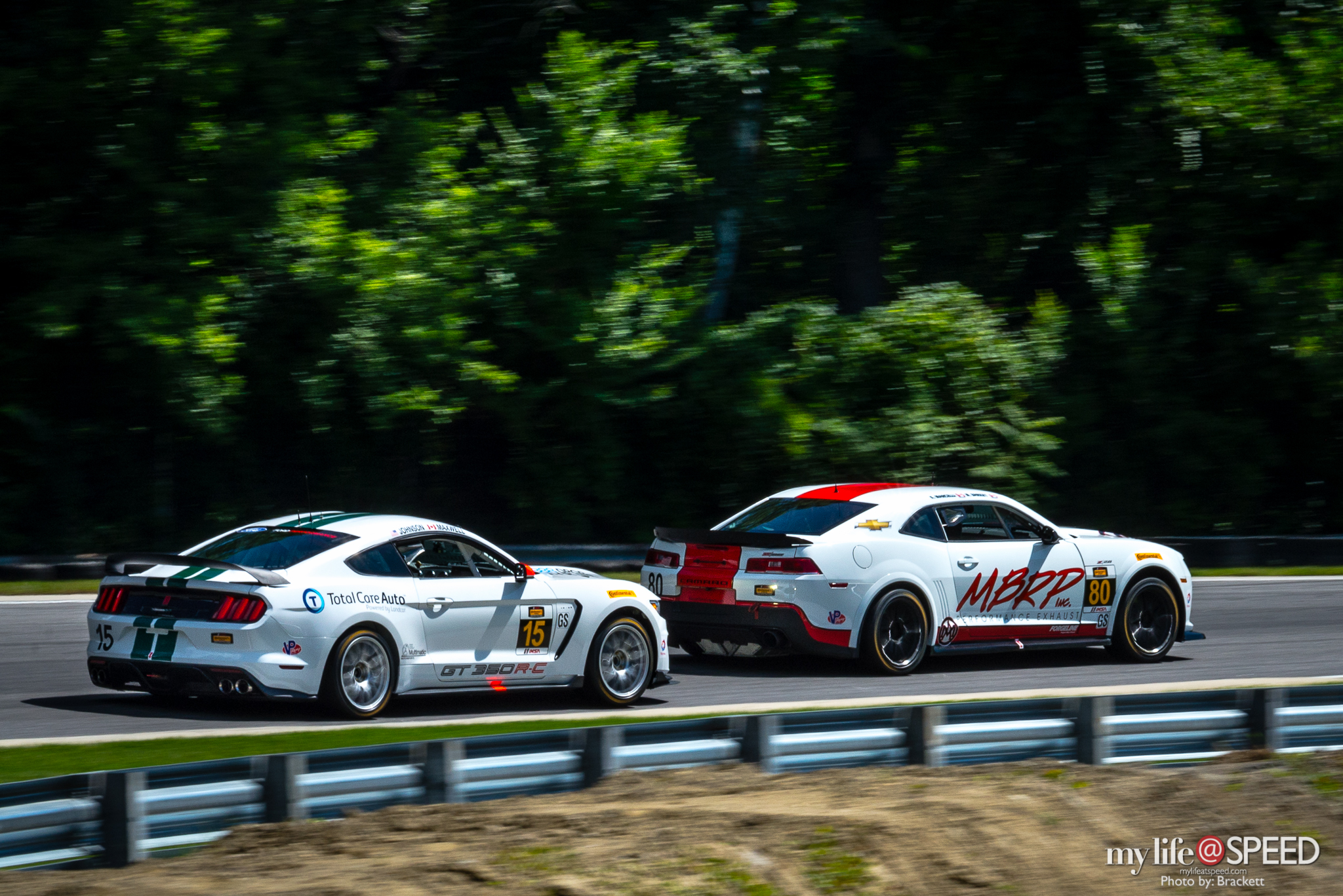I have been wanting to write this article for some time now. It’s a subject that has come up numerous times on every automotive forum you can find. Whenever I hear someone say the manual transmission is dying or outdated and that it needs to go away because the dual clutch, flappy paddle eleventeen geared transmission is so far superior, blah blah blah. I just want to jump through the screen and slap them. Most of these keyboard warriors have never even driven a manual to provide a valid argument on real world experience. For those that have, there’s a indubitable distinction that sticks with you. More so, if you are a driving enthusiast.
But the real question is why? Why do I love the manual transmission so much? What about it gives me the knee jerk reaction to defend it every time someone cries foul about one. After all, most people live in cities and surrounding urban neighborhoods where traffic and congestion are the norm. The last thing most of these people want to do is worry about pushing in a clutch or constantly shifting in the stop and go traffic on their morning commute. This is one advantage to living in a town with a population slightly over 1,600 and in a state where the total population barely crests 1 million. But that is a different subject all together. While it is a consideration, I don’t think geographic demographics are the key determining factor here.
The question on the viability of the manual transmission is something that I think most of us diehards need to ask ourselves. As for me, I think I have the answer. I love a manual transmission because it adds something special. It adds the human element to a piece of machinery that by itself, is nothing more than a tool. A collaboration of gears, metal, and fluid. But when you add the driver input, it translates the human element into the driving characteristics of the car. We, as humans, are far from perfect. We can do many things very well, but to do them day in and day out to the same degree every time is unrealistic. And in this challenge, we can find satisfaction.
Think about the first time you drove a manual. You probably popped the clutch or ground some gears, stalled out or missed a few shifts. You had to work on getting your timing right, between engaging the clutch, adding throttle input, and selecting the gear. And all that is just to get going. Now add in shifting, speed changes, elevation, so on and so forth. It’s something that takes time to become proficient in. Most people that can drive a manual take it for granted. And fewer still, are those who pursue driving as a hobby or career, striving to perfect that skill and add more advanced techniques.
But at the end of the day it still boils down to the human element. When we interject our will upon the car and transmit our intent that fires from the synapses in our brain all the way down through our limbs and work them in unison with our vehicle of choice, our machine, it humanizes it. It becomes an extension of our will. Because as much as we like to think we are all perfect drivers, we will occasionally miss that gear when trying to shift too fast. Or we stall out by mistake. Or our heel toe technique didn’t quite go as smoothly as we had hoped. All these things play into the satisfaction and driver enjoyment for the majority of time when we do all those things correctly and well! It humanizes the machine and forms a kind of bond. It allows us the driver to have more control over the cars actions, for better or worse, and we like it that way.

There’s nothing quite more satisfying than taking your car out on a track or windy back road, shifting through the gears, hitting all your apexes, braking while downshifting, heel/toe, back on the throttle, upshift, go go go… Again and again, trying to perfect something that is inherently flawed, because after all, we are human. We are not machines, nor are we perfect. But in those short few moments, when everything comes together. The years of experience, the perfect weather conditions, the well tuned vehicle. When all that comes together and you get to experience perfection between man and machine through adversity, you remember that. Whether it is only for a few minutes or a culmination of many such moments, it creates a bond. It forms an appreciation for what is involved and all the steps, how ever minor they may of been, to get to where you are now. It adds the human element in an age of automation.
And when you have a transmission like a dual clutch that can do that all the time, every time, and faster than you, well, you loose that human element. You lose that connection and appreciation. That chance of failure or reward of success. While it can still be fun, its just not the same. And for that very reason, the manual transmission will never die. Even if all car manufactures decide to give up on it, the enthusiast will make it live on. And while fewer and fewer manufacturers offer manual transmissions in their models, there are a few that listen to their customer base. Even if that segment is small in comparison. Because deep down I think these people understand what the manual transmission brings to the driving experience.
The Human Element.
It’s a skill I profoundly look forward to passing on to my daughter as I’m sure many of my fellow gear heads will also do for many generations to come. Given a choice between the three pedal option or two, rowing my own gears will always win out.
Next topic of discussion for the Human Element series is the V8 engine.

